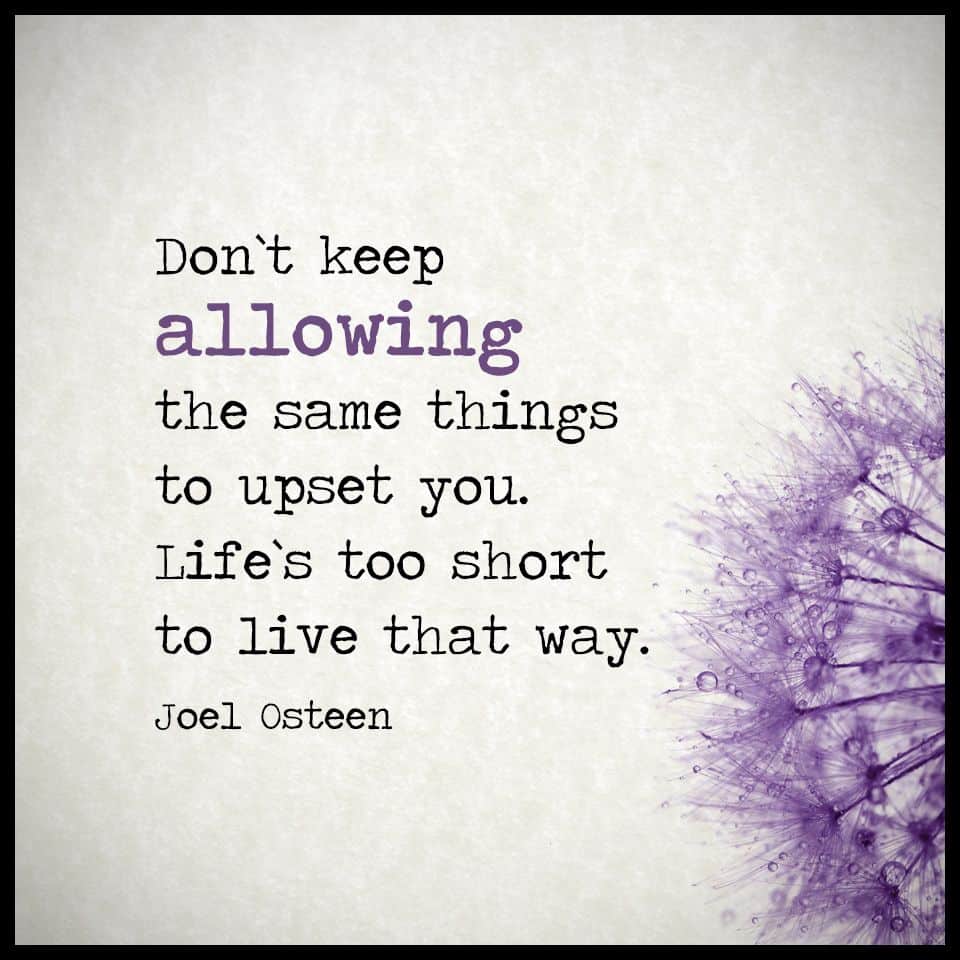You already know the ways that your partner inadvertently provokes you. What you might not realize, though, is that you provoke them without realizing it, too. Some of the things you do can push your partner away or cause conflict between the two of you.
Acknowledging that you provoke your partner without realizing it can help you make a change for the better. Once you know that you are doing it, you can look out for those situations and reel it in before it goes too far. When you can do this, you will notice that your relationship strengthens, too.
Most of the time, communication can help limit unintentional provoking. Ensure that your partner feels safe being open and honest with you, and ask for the same in return. You will still encounter experiences where the two of you provoke one another without realizing it, though.
How People Provoke Their Partner Without Realizing It
Knowing the ways that you might be contributing to this problem can help you address them. Many of the actions are ones that you wouldn’t even consider to be detrimental to your relationship. You will find that you are surprised, but knowing the provoking behaviors will make your relationship better.
 1. Assuming They Know What You are Thinking
1. Assuming They Know What You are Thinking
When you keep your thoughts and feelings to yourself, you shouldn’t expect your partner to know. If they are upset or angry, telling them can help you work through it. Choosing to keep it bottled up isn’t only detrimental to you, but it hurts your partner, too.
Even if it wasn’t your partner that upset you, you should still talk to them about it. If you are giving off negative vibes or acting aloof, your partner might think it is directed at them. On the other hand, if they know what is wrong, they won’t think you are upset with them.
Plus, it will help you work through your feelings. As you talk to your partner, you will process it all a little better. You won’t be as likely to take out your negative emotions on your partner, either, which often happens when you keep them bottled up.
2. Excluding Them
Excluding your partner without realizing it is so easy to do. It can be as simple as watching a tv show alone that, so far, you had watched with them. When your spouse looks forward to creating memories and sharing emotions during a show, it can upset them if you do it without them.
This situation isn’t only specific to tv shows you watch together. Anytime you do something without your partner that you usually do with them, you’re excluding them. It may seem harmless, but it makes them think you don’t see it as a special time together.
3. Withholding Emotionally
When you withhold from your partner, it affects them deeply. Withholding can include not showing affection, a lack of eye contact, or not paying attention to them when they are speaking. In relationships, it is essential that each partner feels seen, wanted, and cared for.
4. Throwing Things Away Without Asking
You might think it’s harmless to throw things out when cleaning, decluttering, or redecorating. Your partner may disagree, however, so it is always best to ask them first. Throwing things away without asking first might give the impression that you don’t respect your partner.
Their items might have sentimental value, so even if they are old and stained, ask before throwing them away. It could cause your partner to think that you don’t appreciate their taste or want them to change. To avoid any of these negative situations, remember to ask first.
5. Never Complimenting Them
Compliments might not be everything, but they are essential in the grand scheme of things. If you don’t compliment your partner, they will never know the things you love about them. Please don’t assume they know because, unless you tell them, they have no way of knowing.
Please don’t leave your partner wondering what it is that you like about them. Doing so may lead them to believe that you don’t see anything special.
 6. Trying to Get Them to Trigger You
6. Trying to Get Them to Trigger You
You might not realize it, but sometimes you may try to get a reaction from your spouse. If yelling triggers you, then you might yell at them continually until they yell back. Then, you become upset because they triggered you, even though you were the one doing the provoking.
This situation often occurs because you are trying to get your partner to validate your negative self-thoughts. You think badly about certain areas of your life or your past and end up portraying those situations again.
Another example of this is if you felt rejected when you were younger and fear rejection now. Even though you’re afraid of being rejected, you will do things to push your partner away. You will do things to get your partner to act in the way you have feared in your mind.
If you have a negative view of how relationships can work, this issue comes up more frequently. Try to let go of painful memories from your past, and learn to recognize when they are affecting your relationship.
7. Punishing Them in Passive Aggressive Ways
If you notice that your partner has been distracted or bothered lately, you might provoke them without realizing it. When your partner isn’t as focused on you, then you might start avoiding them. You might ignore them passive-aggressively, which only makes them feel worse.
You might also punish them if your partner wants to discuss things you aren’t interested in. They might want to talk about finances or other important topics, and you might want to clear your mind. If this is the case, you might find ways to avoid them to avoid the conversation.
Avoiding them is a way you might be punishing them for not understanding your desire to ignore the topic. They will feel denied, rejected, and unsupported.
8. Saying Things You Know Will Upset Them
You know your partner better than most, so you know just what to say when you want to upset them. Behaviors, tones, looks, or body language that you know triggers them could be a way you are provoking them. You might not even realize you do it, but try to pay attention to those instances.
When you and your partner are arguing or disagree, you may use those things to get the upper hand. It is likely an unconscious decision, but it hurts them all the same. Recognizing your partner’s triggers and respecting them enough to avoid causing them pain can make all the difference.
Stay aware of the way you behave when you disagree with your partner if you realize that you are responding in a way that will hurt your partner, make a different decision.
9. Complaining or Criticizing
You are likely provoking your partner if you complain about or criticize them. It might make them feel like you have lost sight of who they are as an individual. Constant criticizing and complaining can also make them focus on their negative traits.
If they are focusing on their negative traits, then those are the things that will shine through more. So, not only will you provoke them by constantly pointing those things out, but it can make the problem worse, too.
Your words can hurt or undermine your partner, causing them to react negatively. They will feel disrespected, unappreciated, and unloved and respond defensively or angrily. You might also notice that they shut down emotionally when this happens, furthering your emotional distance.
Avoiding constant criticism doesn’t mean that you should keep all of your thoughts and feelings bottled up. Instead, look for positive ways to tell your partner what you are thinking. Be caring and understanding while conversing about it; they will respond more positively.
10. Giving Their Words a False Meaning
When your partner talks to you, you might notice that you misinterpret their words. Even if you don’t misinterpret them immediately, you may convince yourself that there was a hidden meaning. You will interpret the things they say in a way that matches the negative self-thoughts you have in your head.
Your view of yourself is likely negative compared to how your partner views you. They might become upset When you believe they were trying to say something negative about you. Trust that there is no underlying meaning behind what your partner said, and your relationship can improve.
 Final Thoughts on Ways People Provoke Their Partner Without Realizing It.
Final Thoughts on Ways People Provoke Their Partner Without Realizing It.
When you recognize how you might provoke your partner without realizing it, you can work to fix the problem. Focus on your behavior toward them, and make sure that you aren’t unintentionally hurting your partner.
By being self-aware, you can stop these provoking behaviors and strengthen your relationship. Focus on communicating and considering your partner’s feelings to help you stop provoking them.


















